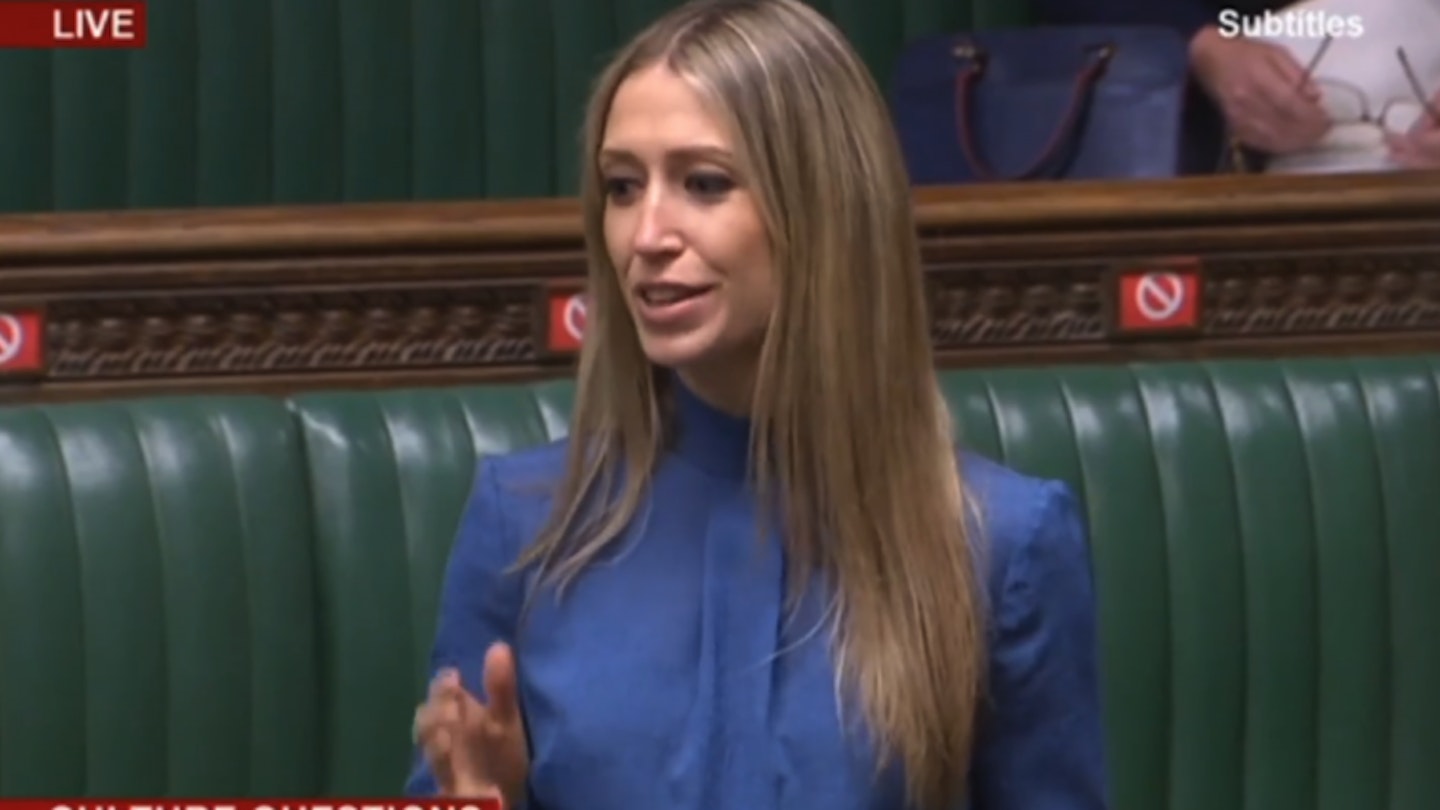Recently, I was made aware of a girl who was under the age of 18, who booked a lip filler appointment after seeing a social media post promoting a discounted treatment. When she arrived at the salon, she was asked to self-apply numbing cream to her lips and was then called through to begin the procedure with no consultation.
She was not at any point asked her age or details of her medical history. She was not told what product was being used and there was no mention of any possible side effects. She was not asked to cleanse her skin or remove her makeup before the injections were administered - the practitioner simply wiped the numbing cream off with a wet wipe and started injecting her lips with syringes that were loose on the table.
The treatment itself took less than 10 minutes, however days later she experienced excruciating pain and significant loss of sensation to the left side of her mouth.
She quickly discovered she’d suffered a vascular occlusion, meaning the filler was compromising the blood flow to the tissue around her mouth. She very nearly lost her lips.
After failing to receive any additional support from the practitioner, and being directed elsewhere by her GP, she finally reached out to a local aesthetic healthcare professional who told her to attend the clinic immediately. She quickly discovered she’d suffered a vascular occlusion, meaning the filler was compromising the blood flow to the tissue around her mouth. She very nearly lost her lips.
Sadly, this is not a rare occurrence. Organisations like Save Face last year received over 1,600 complaints, of which 45 were from under 18s. The absence of regulation or legal age limit for dermal filler or non-surgical procedures means that any 15-year-old could walk into a salon or shop and get their lips injected by someone with no qualifications.
Unregulated practitioners are also not required to hold insurance and may not have the medical knowledge to manage complications - this cannot be allowed to continue. That is why I presented a bill to the House of Commons this morning, which seeks to criminalise the administering ofBotox injections and cosmetic fillers to those under 18,to bring legislation in line with other cosmetic treatments. The good news is it passed.
The decision to undergo cosmetic procedures shouldn’t be taken lightly, however the lack of legislation cultivates a blasé attitude towards them. Complications from such treatments can be severe - blurred vision, breathing difficulties, tissue death and even permanent blindness can occur, and many people, mainly women, have been left with rotting tissue, lip amputations and lumps.
Thanks to brilliant work done by many of my colleagues in the House of Commons, Save Face and several media investigations, some of these cases have been brought to light, and hopefully serve as a warning to women and men alike.
Social media exerts extreme pressure on many to conform to aesthetic ideals which are simply not attainable without medical interventions. This combined with the increasing availability of procedures, has resulted in the normalisation of serious cosmetic enhancements for the young. It now means that many youngsters feel like they ‘need’ medical cosmetic procedures.
People are often shocked to learn that age limits are not always enforced when seeking cosmetic treatments - an alarming 2018 poll showed that 100,000 children under 16 have undergone aesthetic enhancement, with cosmetic fillers being the most popular procedure of choice.
This increase is not only worrying for the mental health of our young people, it is dangerous for their physical health too. Whilst other body modifications which carry similar health risks, such as teeth whitening, sunbed use and tattooing all have legal age limits, fillers and Botox procedures remain completely unregulated.
Although the worst cases of botched treatments do not solely affect the young, it is seeing the negative impact this has on the mental and physical health of under 18s which has really stuck with me.
There are of course cases where medical conditions, such as migraines, may require such treatment, and these will be able to continue if carried out in accordance with the directions of a doctor.
But we must stop the dangerous and unnecessary non-medical procedures that can ruin children’s lives.
My bill is a step towards achieving that, and I hope that with support we can make progress to help protect the mental and physical health of our young people.
